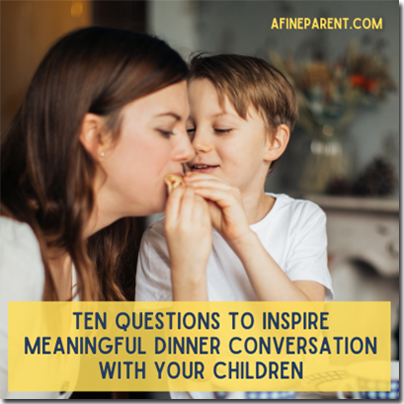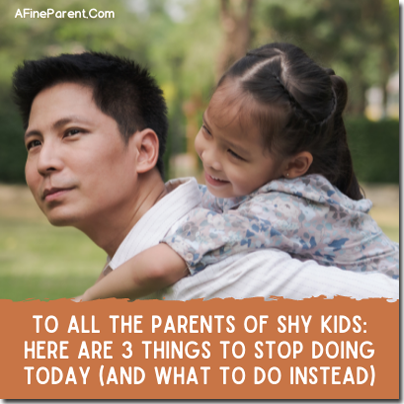 Your family is sitting at the table, with plates of food in front of them. Conversation is flowing naturally, your children are happy and smiling, freely sharing the details of their school day.
Your family is sitting at the table, with plates of food in front of them. Conversation is flowing naturally, your children are happy and smiling, freely sharing the details of their school day.
Wait, what?!
For most parents, the movie-perfect dinnertime is a farfetched fantasy. Let’s be real: school, work, homework, sports, after school activities, and a million other commitments often interfere with the family eating together, much less having the time to converse during it! In fact, recent studies have shown that while 84% of parents agree that eating together is important, only about 50% of meals are actually eaten together as a family.
Finding ways in which to increase opportunities throughout the week in which the entire family can eat together may look like a complex jigsaw puzzle of scheduling- and that’s only part of the struggle!
Even if your family does not eat together as often as you’d like, think about the times in which you do. What does it look like? Are there conversations and eye contact or are all eyes and ears focused on phones, iPads, or the TV? Are there connections being made or is everyone retreating to their own worlds?
While you may want conversation and connection to happen amongst the family, it may not come as easy as you would like, especially after a long, hard day of school and work. The next time you find yourself around the dinner table struggling to prompt conversation, remember that you don’t have to reinvent the wheel. [Read more…]
 I still remember getting my first perm in middle school and smiling from ear to ear when the most popular girl in the school touched my hair and told me it “looked great.” That compliment felt like a rite of passage, at an age where acceptance was constantly sought out by most girls–even at the cost of meanness.
I still remember getting my first perm in middle school and smiling from ear to ear when the most popular girl in the school touched my hair and told me it “looked great.” That compliment felt like a rite of passage, at an age where acceptance was constantly sought out by most girls–even at the cost of meanness. The pandemic has likely forced most of us to experience the disappointment of plans being cancelled left, right and center. For my family, it seemed all the more special when our first holiday in two years actually went ahead. It was great to have a much-needed change of scenery and an opportunity to try new things. But there were some challenging moments, mainly in the form of hard-to-watch,
The pandemic has likely forced most of us to experience the disappointment of plans being cancelled left, right and center. For my family, it seemed all the more special when our first holiday in two years actually went ahead. It was great to have a much-needed change of scenery and an opportunity to try new things. But there were some challenging moments, mainly in the form of hard-to-watch,  I was a shy kid growing up, evidenced by hilarious home videos at gymnastics or Easter egg hunts, where I would walk hesitantly from station to station or gingerly stroll as I collected a grand total of two eggs.
I was a shy kid growing up, evidenced by hilarious home videos at gymnastics or Easter egg hunts, where I would walk hesitantly from station to station or gingerly stroll as I collected a grand total of two eggs.  Little kids are naturally creative in ways that we may all wish we still were as adults. The young imagination can create games out of thin air: toys come alive to perform rescue operations of the downtrodden or to live their best life in Malibu.
Little kids are naturally creative in ways that we may all wish we still were as adults. The young imagination can create games out of thin air: toys come alive to perform rescue operations of the downtrodden or to live their best life in Malibu.